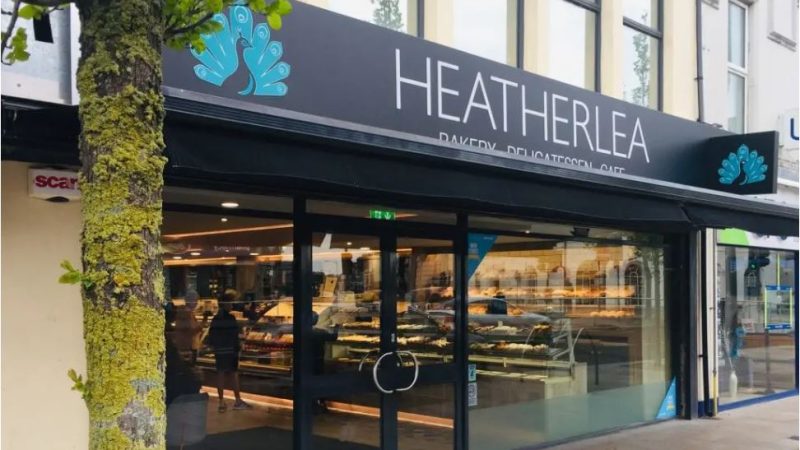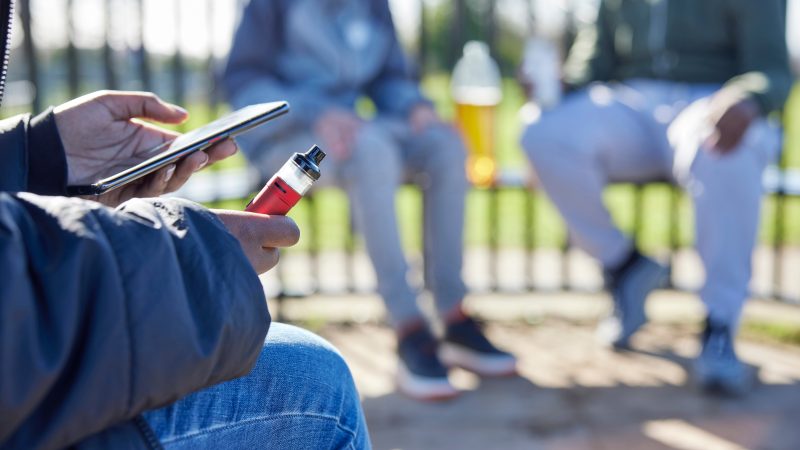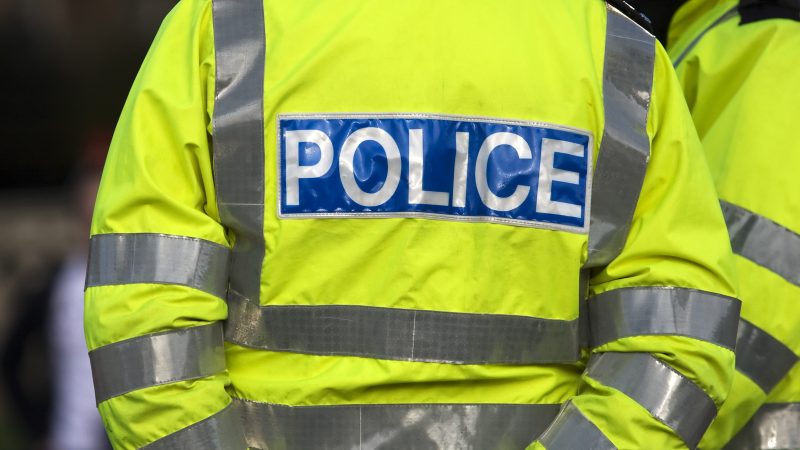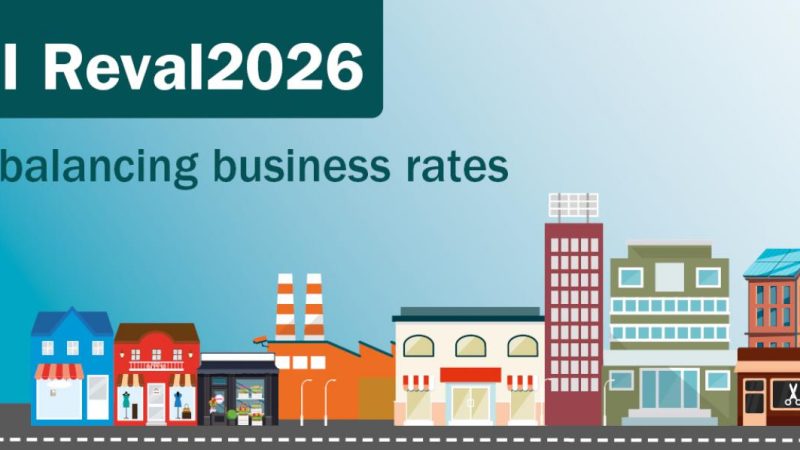Ashers Cake case could go to UK Supreme Court
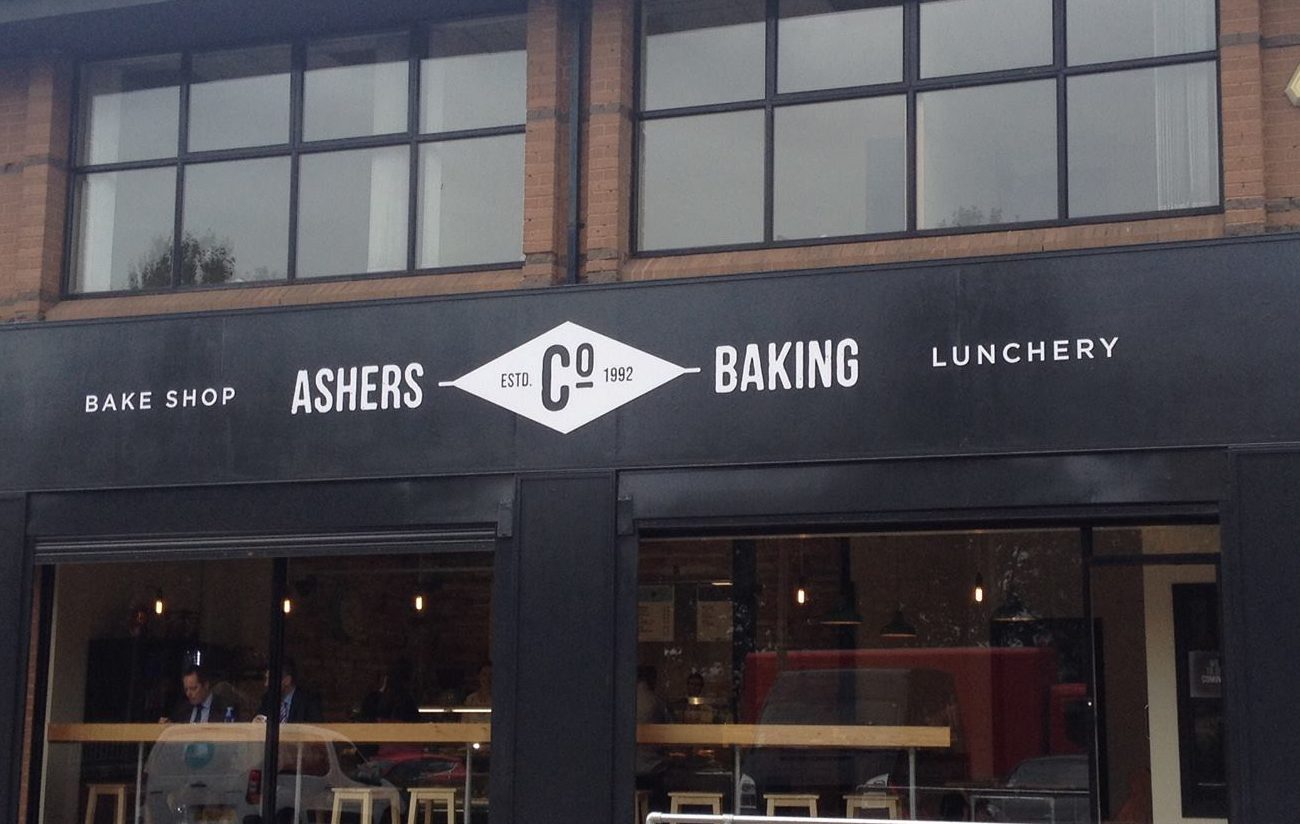
The Ashers Cake row could be reviewed by the Supreme Court after an intervention by Northern Ireland’s attorney general.
John Larkin QC is seeking to refer the case to the country’s highest court, within weeks of the Court of Appeal’s ruling against the Ashers Cake company.
In May 2015, the NI firm was ruled to have illegally refused to provide a cake with a pro-gay marriage slogan.
In October this year, the Court of Appeal in Belfast upheld the ruling.
Now Mr Larkin wants the UK Supreme Court to examine a number of legal issues arising from the failed appeal. His application to have the case heard again is listed for hearing on November 22.

Dismissing claims Ashers weren’t discriminating against the customer – only the message – Court of Appeal judges had said it did not follow that “icing a message meant support for the message”.
The court found no provision in law for bakers to offer a service only to people who agreed with their religious beliefs.
“The fact that a baker provides a cake for a particular team or portrays witches on a Halloween cake does not indicate any support for either,” the judges said.
The Equality Commission for Northern Ireland came under intense pressure for assisting in bringing the matter to court.
In a statement after the appeal ruling, a spokesperson for the commission said: “The court’s decision confirms the legal responsibilities on all service providers not to discriminate against their customers on these grounds.”
In their complex and comprehensive ruling that considered a range of discrimination acts, Human Rights regulations, and constitutional issues, Lord Chief Justice Morgan, Lord Justice Weatherup, and Lord Justice Weir, set out new guidance for companies concerned at the decision.
“The answer is for the supplier of services to cease distinguishing, on prohibited grounds, between those who may or may not receive the service,” the judges said.
“Thus the supplier may provide the particular service to all or to none but not to a selection of customers based on prohibited grounds… the [company] might elect not to provide a service that involves any religious or political message. What they may not do is provide a service that only reflects their own political or religious message in relation to sexual orientation.”
In the days following the decision, the Equality Commission issued a range of guidance and best practice for suppliers.
In a section called ‘Key Principles for Service Providers’, the commission states there will be times when a business may have to decide not to supply a good or service they normally offer.
“So long as the reasons for refusing such a request are genuine and legitimate, then it will not fall foul of equality legislation,” it says.
Providing examples of legitimate refusals, the commission suggested:
- A printer may lawfully refuse to print a poster containing a particular image because to print it would otherwise be illegal; for example, an infringement of copyright laws; “hate crime” laws or laws against publishing pornography
- A service provider may lawfully refuse to provide a service because he or she is too busy with other workloads; or where a customer is seeking products or design features the service provider does not normally provide
- A service provider may lawfully refuse to provide a person with a service because the customer is acting in a rude or aggressive manner
If the [service is refused] on the grounds of, or because of, the service provider’s or someone else’s political opinion, religious belief, sex or gender, race, sexual orientation or disability then the refusal may well be an act of unlawful discrimination,” the commission notes.
The full guidance document is available at www.equalityni.org.



